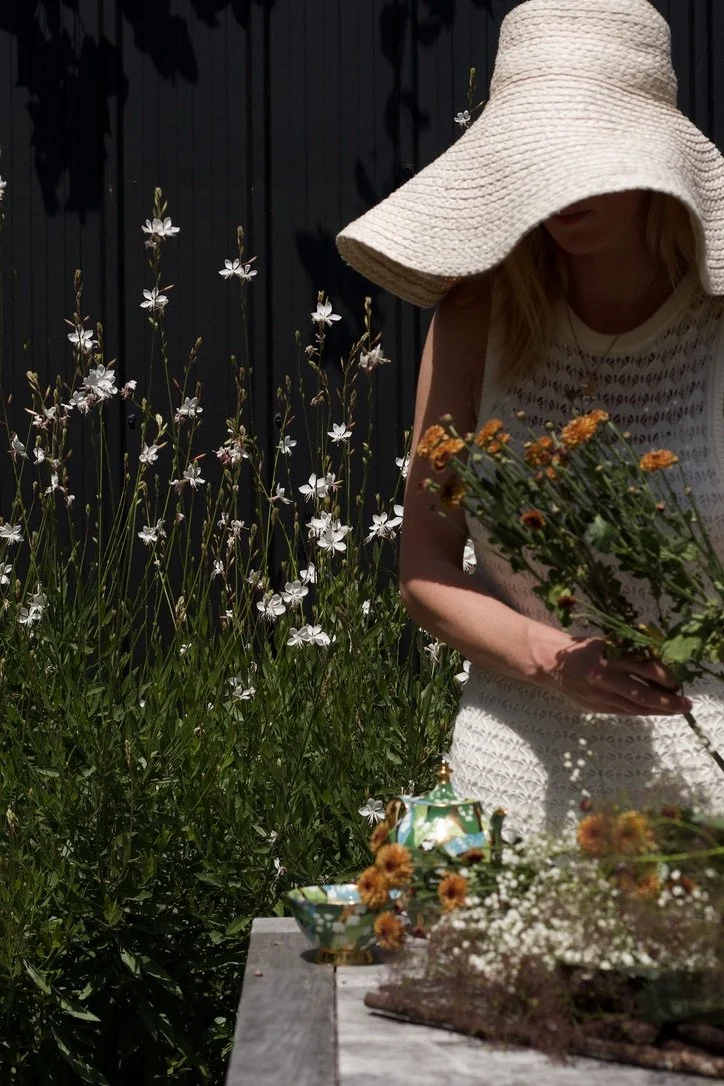Practice Gratitude
We're all familiar with the concept of gratitude, but what does it mean to actually practice it? In a nut shell, practicing gratitude involves consciously and regularly focusing on the things in your life that you are thankful for. It goes beyond simply feeling grateful and involves actively expressing and acknowledging your appreciation.
So why should we do it often? Here are six reasons why:
Improved Mental Health: Gratitude has been linked to reduced symptoms of depression and anxiety. A study published in the Journal of Clinical Psychology found that participants who wrote daily gratitude letters reported significantly better mental health outcomes compared to those who did not.
Enhanced Emotional Well-being: Gratitude can increase positive emotions and improve overall emotional well-being. Research published in the journal Emotion found that people who regularly practiced gratitude experienced greater happiness and life satisfaction.
Reduced Stress and Better Coping Mechanisms: Gratitude has been shown to reduce stress levels and help individuals cope with adversity. A study published in the Journal of Personality and Social Psychology found that grateful individuals were more resilient in the face of stress and had lower levels of cortisol, the stress hormone. (another article linked here)
Enhanced Relationships: Expressing gratitude can strengthen your relationships with others. When you show appreciation for the people in your life, it fosters a sense of connection and deepens your bonds with them.
Enhanced Self-Esteem: Gratitude can boost your self-esteem and self-worth. By acknowledging the good things in your life and appreciating your own strengths and accomplishments, you can develop a more positive self-image.
Better Sleep: Gratitude has been linked to improved sleep quality. A study published in the Journal of Health Psychology found that writing in a gratitude journal before bed helped participants sleep longer and better.
“You can’t be stressed and thankful at the same time, when you are feeling blessed, you won’t be stressed. —Jon Gordon”
On a personal level, my meditation, mindfulness, and gratitude practice served me ver well during the earlier years of living in a renovation, raising a family, and being a new Mumma in a foreign land without family close by. These practices helped me lessen overwhelm, uncertainty, tackle adversity, and overcome obstacles, allowing them to be part of my journey and enabling me to enjoy the process.
In recent years, as my work and career have evolved, I've found that starting my day with this practice and integrating it throughout has helped me stay focused, grateful, and bring more peace to my day. If you know me well on social media, you'll likely know that I have openly shared that I'm naturally fast-paced and can be impatient, which of course has its benefits when getting work done, but life is about balance, you are not supposed to run through it. Too often, this led me to burn out, leaving me crippled in pain with my back going into spasm. I've learned that life is on divine timing, but we have the power to choose how we respond to it.
Five helpful tips to get started:
Start Small: Begin by acknowledging one thing you're grateful for each day. It could be as basic as having a roof over your head or a warm meal.
Keep a Gratitude Journal: Dedicate a few minutes daily to write down things you're thankful for. Reflect on positive experiences, people who have made a difference in your life, or things that bring you joy. I love this easy 5 minute gratitude journal.
Express Gratitude to Others: Make it a habit to thank someone each day. It could be a friend, family member, colleague, or even a stranger who has helped you or made your day better.
Practice Gratitude in Challenging Moments: In difficult times, try to find something positive to focus on. This could be an opportunity for growth, a lesson learned, or the support of others.
Use Visual Reminders: Place reminders of gratitude around your home or workspace. This could be sticky notes, a gratitude jar, or a vision board to help you stay mindful of the things you're thankful for.
Remember, the key to a gratitude practice is consistency. Over time, you'll find that focusing on the positive aspects of your life can lead to increased happiness and a more optimistic outlook, and before you know it, you will be able to turn a negative thought into a positive one in a matter of seconds.
Recent Posts
Follow Maddy Evennett













